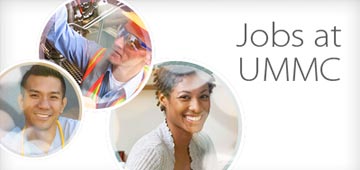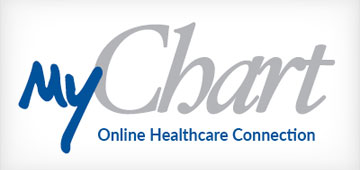
UMMC provides patient-centered treatment, clinical excellence, and an advanced level of care unavailable anywhere else in the state.
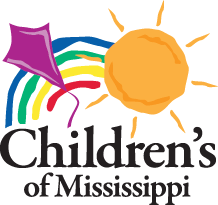
for Kids.
Children’s of Mississippi is here for every child
with the state’s only children’s hospital
plus clinics statewide.
Latest News
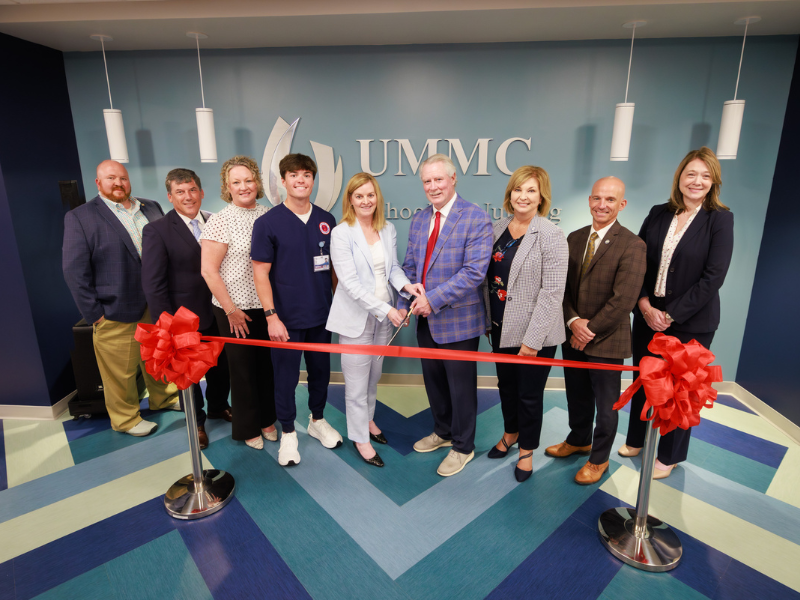
Ribbon cut on renovations at UMMC School of Nursing in Oxford
Monday, July 14, 2025
High-tech spaces for nursing education and capacity for more students in Oxford will add up to more nurses to care for Mississippians, UMMC School of Nursing leaders say. Renovations at the South Oxford Center were celebrated with a ceremony and reception Wednesday. Read More
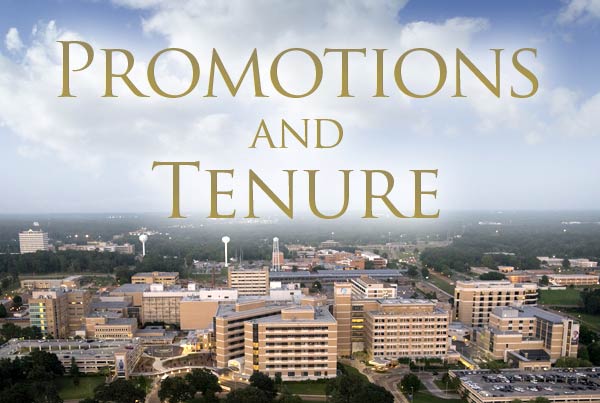
2024-2025 UMMC Promotions and Tenure
Monday, July 7, 2025
More than 80 current Medical Center faculty will begin the new academic year with a promotion in rank, newly granted tenure, or both. Faculty are listed alphabetically, by school, in rank order of professor with tenure, associate professor with tenure, professor, and associate professor. Read More
Latest Articles

UMMC pediatric experts recommend vaccination against pertussis as cases rise
Published on Friday, July 18, 2025
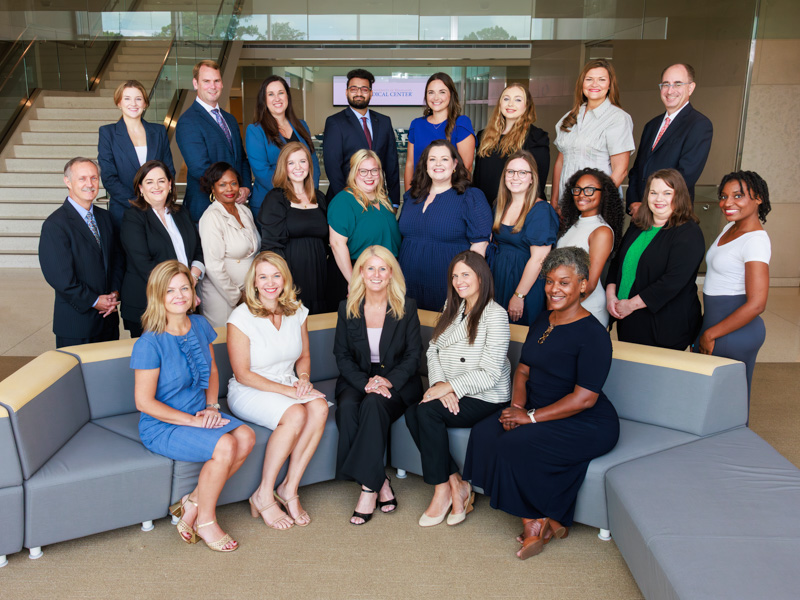
Support for UMMC’s mission hits record level in fiscal 2025
Published on Monday, July 14, 2025

Photos: New School of Nursing reaches pinnacle
Published on Monday, July 14, 2025
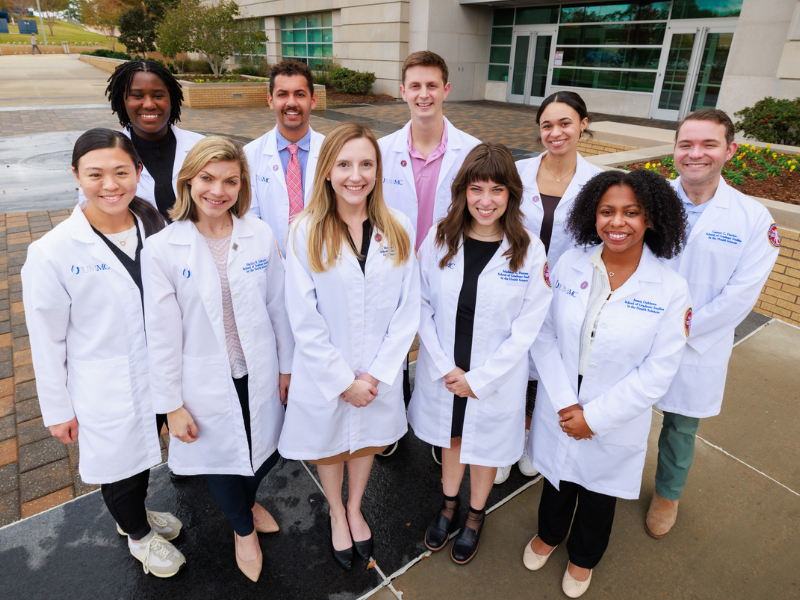
MD-PhD program grows in numbers, but also in potential and staying power
Published on Monday, July 14, 2025
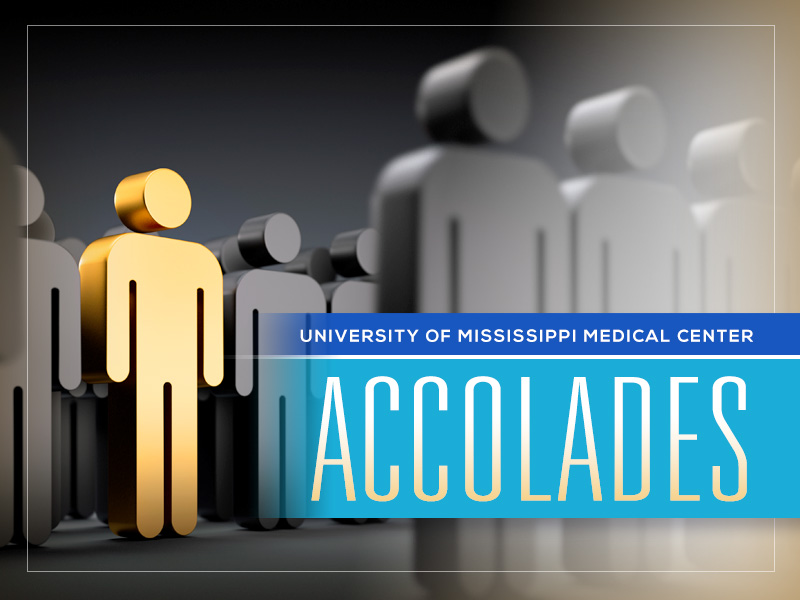
Medical Center figures chosen for international, statewide roles
Published on Monday, July 7, 2025

UMMC Department of Surgery celebrates 70 years
Published on Monday, July 7, 2025
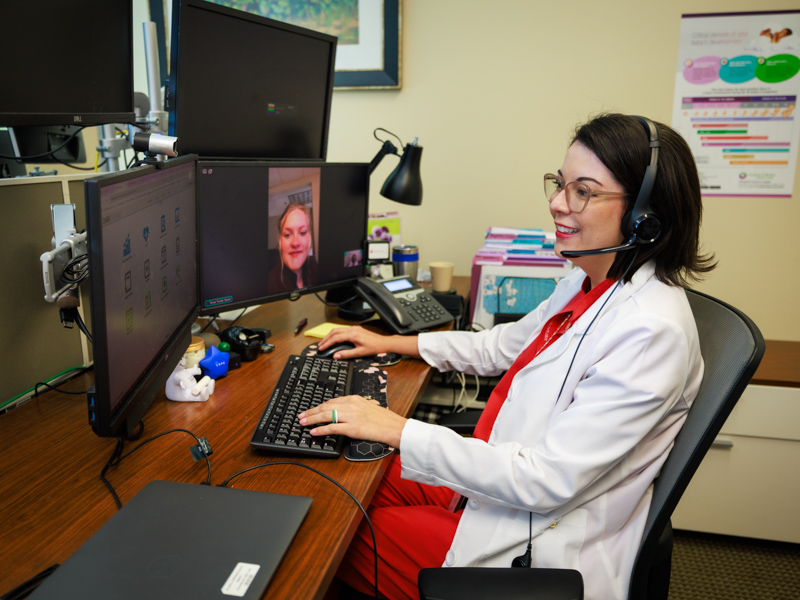
UMMC’s maternal telehealth program supports patients throughout pregnancy
Published on Monday, June 30, 2025
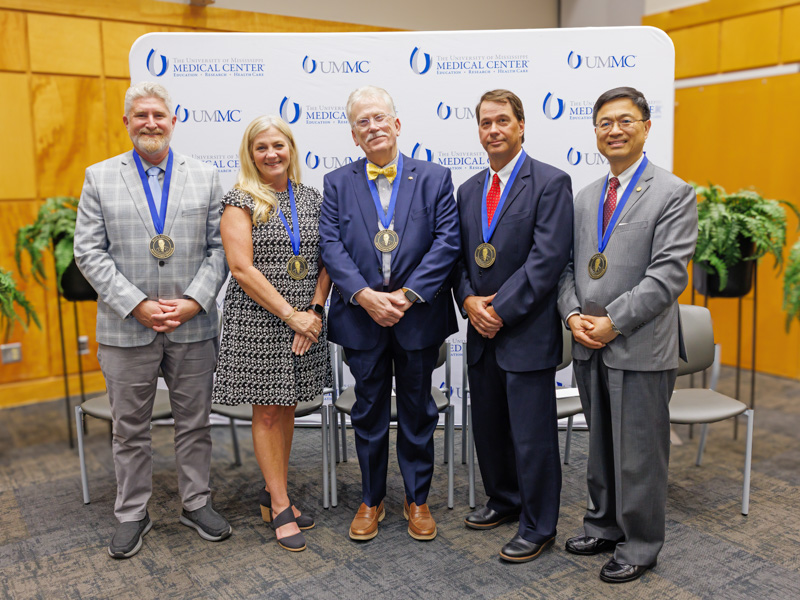
Faculty members awarded honor named for medical school legend
Published on Monday, June 30, 2025
Find Us on Social Media
Get news and information you need about the Medical Center by connecting with us through our social media community. You’ll find events, news stories and campus activities shared daily. UMMC is active on Twitter, Facebook, Instagram, YouTube and LinkedIn.
You may also connect with the Children’s of Mississippi social media community on Twitter, Facebook, Instagram and YouTube.
Follow Dr. LouAnn Woodward on Twitter.
We look forward to hearing from you!
Sign Up for Consult
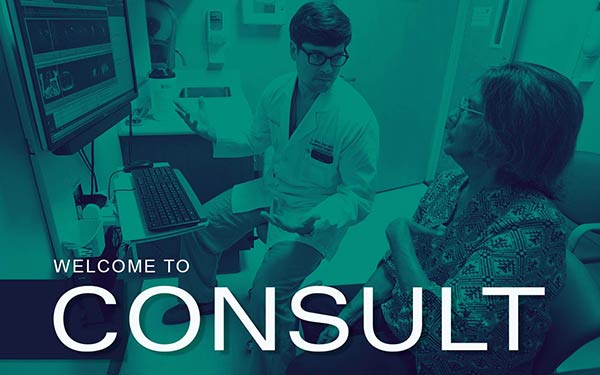
Connect with UMMC via new e-magazine
In CONSULT, readers will have the opportunity to learn more about the cutting-edge clinical advances, innovative educational programs and groundbreaking research occurring at UMMC. Plus, CONSULT will regularly showcase our experts' best advice for living a healthy and mindful life.





